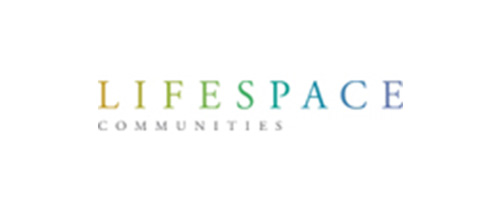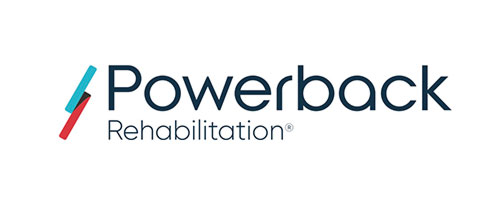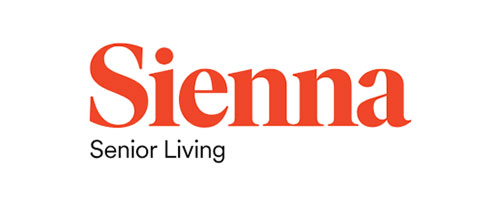Report looks to improve quality measures for medical care of homebound older adults
There are an estimated 2 million older adults who are homebound or unable to leave their homes due to multiple chronic conditions and functional impairment. Home-based primary care provides access to care for these patients and has been shown to save costs for the Medicare program. The federal government's Centers for Medicare and Medicaid Services (CMS) is currently moving from volume-based reimbursement -- where health care providers are paid based on the quantity of care supplied -- to value-based reimbursement -- where providers are rewarded with incentive payments for the quality of care their patients receive. To successfully achieve the shift, it's critical that CMS quality measures include ones focused on medical care provided in the home by physicians.
In a report published in the May 19, 2020, issue of the Annals of Internal Medicine, researchers at Johns Hopkins Medicine and four other U.S. medical institutions examined the performance quality measures used by the CMS Merit-based Incentive Payment System (MIPS) to determine if they appropriately addressed home-based medical care.
In their review of 257 overall quality measures on the CMS 2019 MIPS list, the researchers found that of the 78 potentially appropriate quality measures for home-based care, only 50% (39) included certain codes that enable physicians to report they provided services in a patient's home. These codes indicate that the services are eligible for quality-based incentives.
"This is unfortunate, because strong evidence exists that improving care for frail older adults, particularly those who are homebound, can help improve care and reduce health care costs," says lead author Bruce Leff, M.D., director of the Center for Transformative Geriatric Research and professor of medicine at the Johns Hopkins University School of Medicine. "Currently," he adds, "only 12% of homebound patients receive their medical care at home."
Based on their findings, the researchers recommend that
- the CMS add home visit codes to all MIPS quality measures relevant to such care;
- that quality measure developers consider home-based primary care when designing new standards; and
- that research initiatives foster this development. They also support the establishment of a national learning collaborative and practice-based research network focused on home-based medical care.
Do you have news to share?
The ICAA welcomes your news submissions. Please send your press releases to colinmilner@icaa.cc-the ICAA's email for submissions-and staff will consider your news for possible publication. Newsworthy topics include such things as center/community openings; initiative or campaign launches; announcements of awards, promotions or grants; and other topics of interest to active-aging professionals.
Share



































